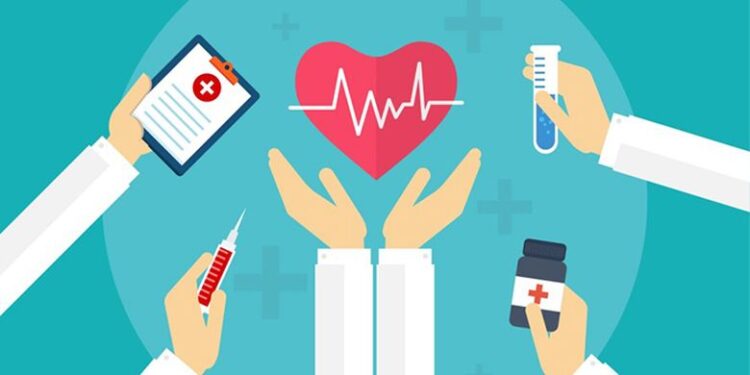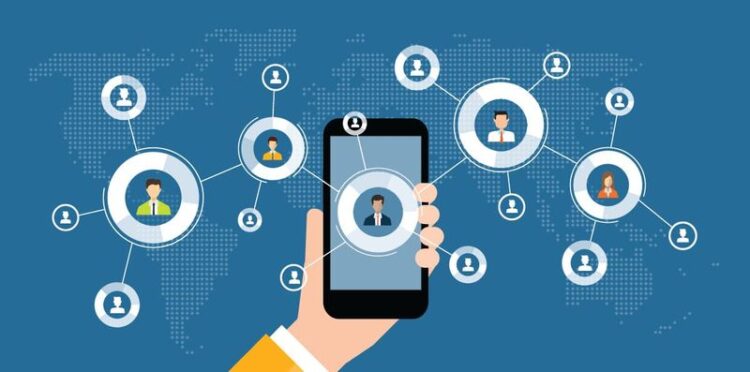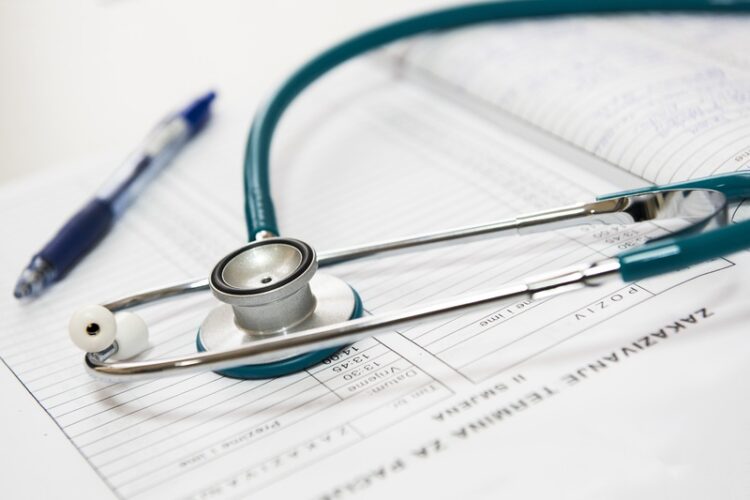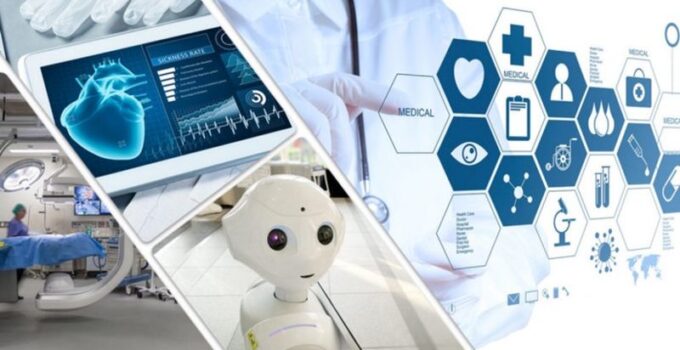When you think of a healthcare professional, you might immediately think of a doctor, a nurse or a surgeon. However, the healthcare industry is made up of a large number of roles with some practical, others focusing on data analysis and many on global relations. Many people are not aware of the importance of these roles, but they are extremely vital in our day to day lives.
In this article, we are going to look a bit closer to global healthcare relations and discuss why they are so important in this day and age. This will include everything from sharing data to sending aid. Find out more by reading below.
Page Contents
What Are Global Healthcare Relations?

source:world.edu
If you are not familiar with the idea of global health, then you should know that this focuses on the health of the entire world. Global healthcare relations more specifically refer to the interaction between professionals around the world in relation to issues within their own country. Those operating in this sector are educated in global management and relations and often have master’s degrees such as those offered by dhge.org.
The most crucial part about global healthcare relations is it is not necessarily about improving specific aspects – but the health sector as a whole. The reason why it is so important is the fact that if there are no issues in communication, everyone around the world can share the same data, which means the latest techniques in one area become the best methods everywhere else.
Sharing Data

source:datamakespossible.westerndigital.com
One of the main reasons why global healthcare relations are so important to maintain is that they allow for data to be shared. This data can be collected from patients who are experiencing certain illnesses as well as data found by those working on treatments or cures. When there are good relationships between countries, this valuable information can be shared. Technology is often extremely important in facilitating this kind of transfer.
There will be some situations where illness will only be found in a specific part of the world. Understanding how that illness works will benefit the rest of the globe, as you never know if such a thing can spread. As a matter of fact, it is the reason why the COVID-19 pandemic did not outright cripple the health sector.
While there was little known about the illness at the time, all of the techniques and methods the globe has learned over the years were used to aid in slowing the spread of the pandemic. While it did not eliminate the risk of COVID-19, it has gone a long way to ensuring that such a thing does not happen again.
The more we learn about potentially deadly diseases from specific areas of the globe, the easier it will be to deliver methods of treatment.
Predicting Trends

source:datamakespossible.westerndigital.com
Many of the people who work in this sector also aim to predict and prevent future healthcare trends. For example, if it weren’t for global healthcare relations, the information that we had early on about COVID-19 might not have been available.
While it wasn’t possible to prevent this from spreading entirely, professionals in the industry could predict how it would spread based on the information sent by their global partners. The result is a pandemic that is still currently ongoing, but as time passes the healthcare sector is learning how to effectively deal with its spread.
While healthcare analytics might not necessarily be able to predict how specific illnesses will surface or spread, it does not mean that it will remain stagnant in the future. The best part about predictive analysis is that it requires information to grow – information that is continually provided by healthcare professionals and hospitals all over the globe.
The more information is absorbed, the easier it will be for healthcare analytics to make further predictions. It will allow people not just to focus on treatment, but on avoiding specific illnesses entirely. For example, one of the few risk factors of essential tremor happens to be age making it challenging to predict whether or not it might surface on specific individuals. However, with enough time and information from patients, more information will undoubtedly be uncovered on the matter.
Sending Aid

source:pxfuel.com
Finally, you’ll find that global healthcare relations are so important as they can help in severe times of need. When these relationships are built and there is trust, aid can be sent in whatever way is required. This isn’t always in the form of aid packages by the government, aid can involve professionals from certain countries offering advice or heading there to help themselves. Sending aid is very important and global relationships enable this to occur.
At the same time, sending aid is not just about providing the best care to places around the globe – it is also to get as much information as possible. Global healthcare relations are so important as it can help the global healthcare sector improve while simultaneously providing the right type of care all over the globe. With the sharing of data and the use of predictive analysis, it will aid the healthcare sector of multiple areas of the globe to benefit in the latest trends. Finally, when push comes to shove, countries that need help will have it thanks to the efforts of everyone else around the globe.
Conclusion

source:pxhere.com
As you can see, global healthcare relationships are very important. We need to continue to educate our healthcare professionals and ensure that they have the skills required to make these decisions and create relationships on a global scale. There are many great educational opportunities for this but there is more than can be done.
After all, just because there has been plenty of progress when it comes to healthcare analytics and healthcare relationships as a whole, it does not mean that it is a stagnant industry. There is always more than can be done, and information is continually collected to ensure that it improves! Make sure to keep an eye on global relations to see what the future looks like in a post-COVID-19 world.





